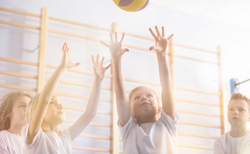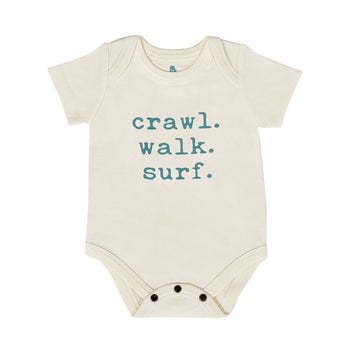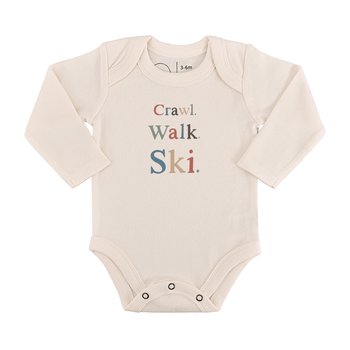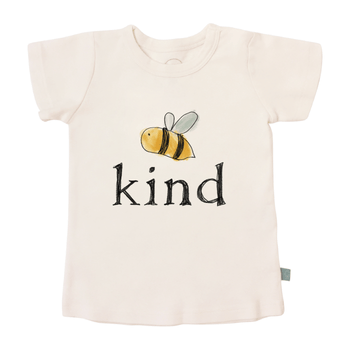In a world increasingly dominated by screens and sedentary activities, introducing children to sports at a young age is more important than ever. It's not just about building future athletes, but about instilling life-long habits of physical activity, teamwork, and discipline.
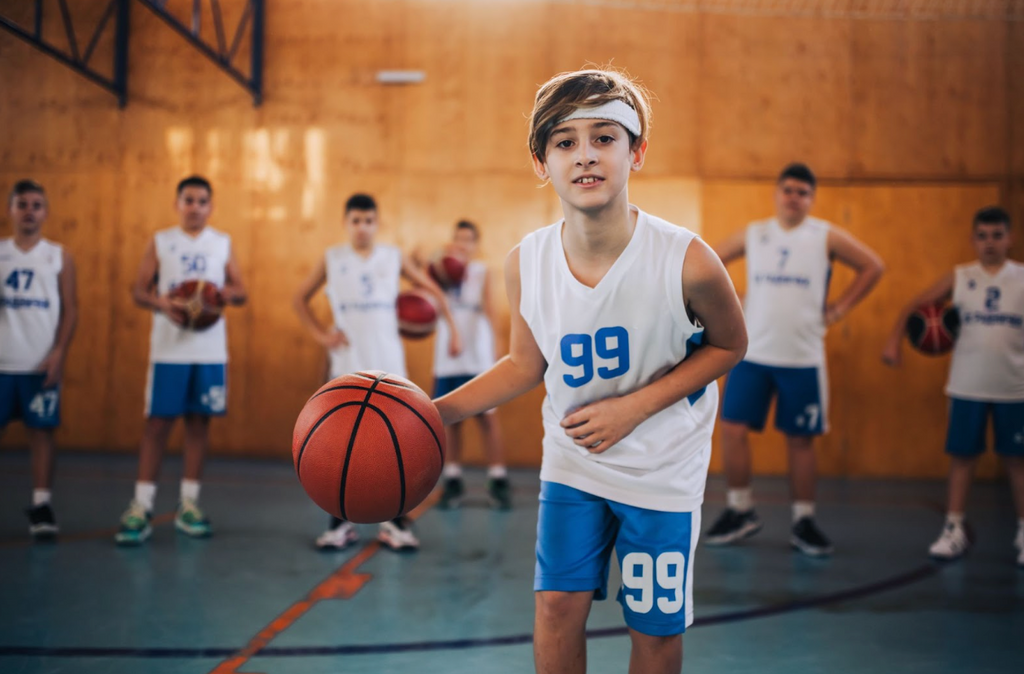
From boosting academic performance to enhancing social skills, the advantages extend far beyond the playing field. We spoke with the sports experts at Quiet Bounce to break down the reasons why your child should pick up that basketball, lace up those soccer cleats, or jump into the swimming pool.
Understanding the Importance of Sports for Kids
Continuing from our discourse on the benefits of early sporting activities for children, it's crucial to understand why sports hold such significance for kids. In a world where sedentary activities vie for children's attention, healthy competition and physical activity provide balance, honing both physical and mental attributes in the process.
Firstly, sports act as a channel for energy, suitable for children brimming with seemingly endless vitality. Only physical activities like sports can properly harness and utilize kids' energy, converting danger-prone restlessness into disciplined fun.
Secondly, they aid in the development of critical life skills. Participating in sports teaches values like discipline, respect, teamwork, and resilience. For instance, a budding soccer player learns to respect rules, work as part of a team, and bounce back after losing a match. These formative experiences meld their character and equip them for life's challenges.
Thirdly, a component of sports that's often overlooked is its role in academic success. Studies show a positive correlation between athletic participation and academic performance. It's a factor that balances students struggling with studies by promoting sharper concentration and better time management skills.
Fourthly, sports foster better physical health. Regular physical activity reduces the risk of childhood obesity, boosts the immune system, and improves cardiovascular health. A child participating in a swimming course, for instance, develops stronger respiratory functions, muscular strength, and overall stamina.
Notably, sports aid in social skills development — a vital aspect for kids. Participating in team sports, for instance, teaches children to communicate effectively, understand social cues better, and work as a unit. It's a social training ground where kids learn to handle victory with grace and defeat with resilience.
In sum, sports for kids go beyond the playground. They contribute holistically to a child's development, proving that sports are less about producing athletes, and more about sculpting well-rounded individuals.
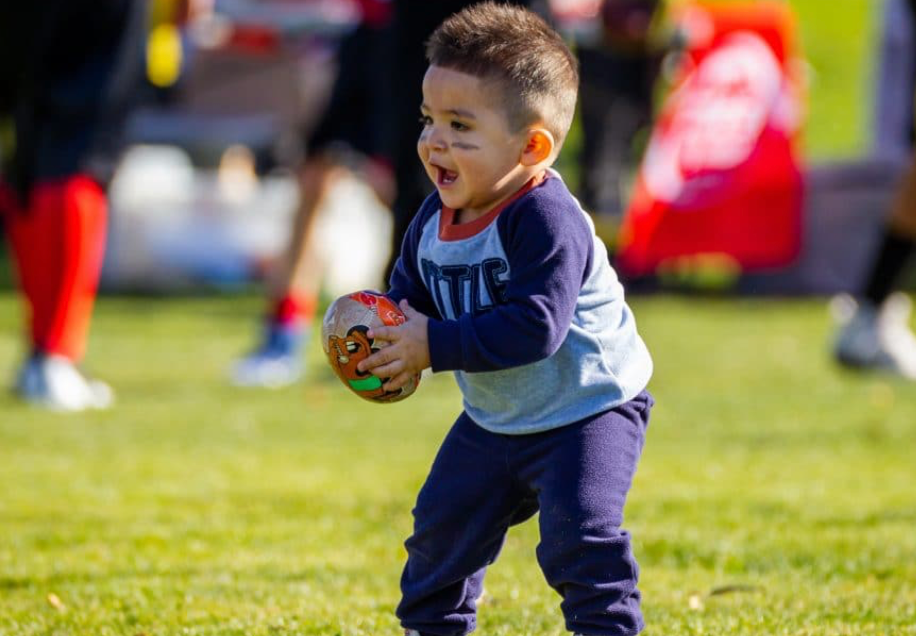
Key Benefits of Introducing Kids to Sports at a Young Age
Incorporating sports into children's routines enhances their overall well-being. The first benefit we want to emphasize is cardiovascular health and physical strength. Participating in sports can increase strength, enhance hand-eye coordination, and elevate overall fitness. For instance, the American Heart Association states that regular physical activity from a young age can strengthen the heart muscles and reduce the risk of cardiovascular diseases later in life.
The second benefit lies in academic areas. It's been proven that regular exercise enhances cognitive abilities, leading to improved academic performance. For instance, a study by Michigan State University indicates a direct correlation between physical activity and grade point averages. Sports, being a form of physical activity, can thus aid in improving academic performance.
Thirdly, sports help develop essential life skills. Through participating in sports, children learn critical skills such as teamwork, discipline, and leadership. For example, soccer or basketball teams must collaborate and strategize to win games, which enhances these abilities. Furthermore, coping with wins and losses in sports instills resilience, teaching children to bounce back from failures.
The fourth benefit relates to mental health enhancement. Physical activity is known to boost mental health by reducing anxiety, depression, and emotional distress. The Anxiety and Depression Association of America reports that physical activity significantly reduces anxiety levels. As such, introducing sports early can act as a catalyst for the sustained emotional health of children.
Lastly, the development of social skills is another significant advantage. Interaction with peers on the playground encourages children to engage in social situations, enhancing communication skills, and fostering camaraderie. For example, matches often require students to communicate strategies, and work together which helps develop their communication skills and networking abilities.
In these ways, introducing children to sports at a young age can cultivate a plethora of benefits, delivering a rounded development extending beyond just athletics.
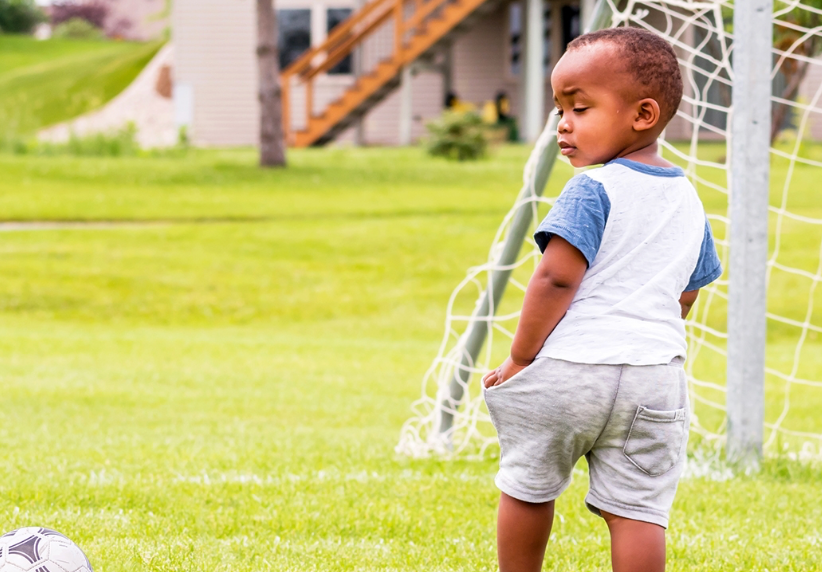
Tips to Introduce Your Child to Sports
Introducing kids to sports at a young age comes with multiple, multilayered benefits. Here, we offer several strategies, all aimed at smoothly integrating sports into your child's routine.
- Start with Fun Games: Introduce fun sports-related games first. For instance, a game of catch—which is essentially the basics of baseball minus the complex rules—can ignite an interest in the sport.
- Encourage Experimentation: Allow the child to explore a variety of sports. It's possible that soccer might not appeal to them, but swimming could turn out to be their most loved activity.
- Lead by Example: Always remember, you're the child's role model. Display a healthy and active lifestyle; your child is likely to follow suit.
- Instill a Positive Attitude: Stress the importance of trying over winning. High expectations can pressure a child, but a focus on effort and improvement nurtures a positive attitude towards sports.
- Turn to Sports-Based Storybooks and Movies: Narrative-based learning can be effective. Sports-oriented storybooks and movies often highlight teamwork, perseverance, and fair play, supporting the child's conceptual understanding of sports.
- Prioritize Safety: Teach the importance of safety measures and equipment in sports. It's never too early to learn the right ways to protect oneself during play.
- Enroll in Beginner Level Training Courses: Once the child shows interest in a particular sport, consider enrolling them in a beginner level training course. Professional trainers can provide a structured path towards learning and progressing.
Implementing these strategies can plant the seeds for a child's lifelong involvement in sports. While every child is different in their interests and abilities, fostering an early positive association with sports can cultivate lifelong healthy habits and skills. Remember, the goal isn't to raise a professional athlete—it's about promoting an active and well-rounded lifestyle.
Common Myths and Misconceptions About Kids and Sports
Explore the realm of myths dampening the flame of enthusiasm to introduce children to sports at a young age.
Early Specialization Ensures Success
Many believe that focusing on a single sport early in life secures future athletic success. Numerous studies debunk this, stating diversified sports engagement during early childhood enhances overall athletic skills. According to i9 Sports, it's safer and more beneficial for kids to participate in multiple sports before the age of 12.
Rigorous Training Guarantees Excellence
An enduring misconception implies pushing kids into intense training schedules leads to superior performance. In contrast, American Academy of Pediatrics states that straining kids with severe training raises injury risks and can cause burnout.
Sports Are Not For Academically Oriented Kids
Some falsely propagate that academic success and sports don't align well together. A study by the University of Kansas found that students involved in sports perform better academically and are more likely to graduate than non-athletic students.
Boys Are Naturally Better in Sports Than Girls
The stereotype that males naturally possess superior athletic abilities compared to females does exist. However, research from Cambridge University established that girls, too, can excel in any sport they choose, eradicating any gender bias.
Children Don't Enjoy Structured Sports
Contrarily, the Aspen Institute suggests structured sports cater to children's desire to belong to teams, enjoy peer interaction, and take on challenges.
Real-Life Success Stories of Early Introduction to Sports
LeBron James, tennis prodigy Maria Sharapova, and soccer genius Lionel Messi rank among the real-life examples of sports stars who began their training at tender ages. They embody the potent possibilities of early introduction to sports.
Basketball legend, LeBron James, boasts of having picked up a basketball at the tender age of five. His youthful commencement molded him into a formidable player, evidenced by his four NBA championships, four MVP Awards, and two Olympic gold medals. There's proof in this pudding: early sports engagement is conducive to a thriving career.
In tennis, consider Maria Sharapova, a five-time Grand Slam winner. Born in Russia, Sharapova got her tennis start at four years old. By 17, she had won Wimbledon, one of the most prestigious competitions in tennis. Her rise within such a short span validates the benefits of early athletic exposure.
Lionel Messi, a name synonymous with football excellence, offers another prime example. This football maestro kicked his first soccer ball when he was only six years old. Messi's remarkable journey from "La Masia," Barcelona's youth academy, to being etched as arguably the best footballer of all time, attributes his impressive success to an early start in sports.
For gymnastics, Simone Biles is a poster child. She was introduced to the sport at a tender age of six, and her passion never faded away. Simone's spectacular performance in the Olympics, where she has bagged an astonishing seven Olympic medals so far, started from the time she was just a little girl flipping and tumbling in a gym.
Each of these athletes' paths reveals the incredible benefits of early exposure to sports. These anecdotes reinforce the importance of early introduction to sports, as a catalyst for crafting successful careers, instilling discipline, and fostering mental strength. After all, they were once kids too, embracing sports with open arms and wide eyes. They are just but a few success stories, and there are countless more examples around the globe.
Conclusion
We've seen the transformative power of sports in children's lives. Early exposure to sports doesn't just foster a love for physical activity; it's a catalyst for holistic growth. It's about more than physical health or success stories like LeBron James or Simone Biles. It's about molding future leaders, promoting academic excellence, and fostering mental resilience. Sports equip our kids with life skills and social abilities that are invaluable in today's world. So let's not wait. Let's get our kids into sports early and watch them flourish. After all, it's not about creating star athletes, but well-rounded individuals who'll excel in every walk of life.












